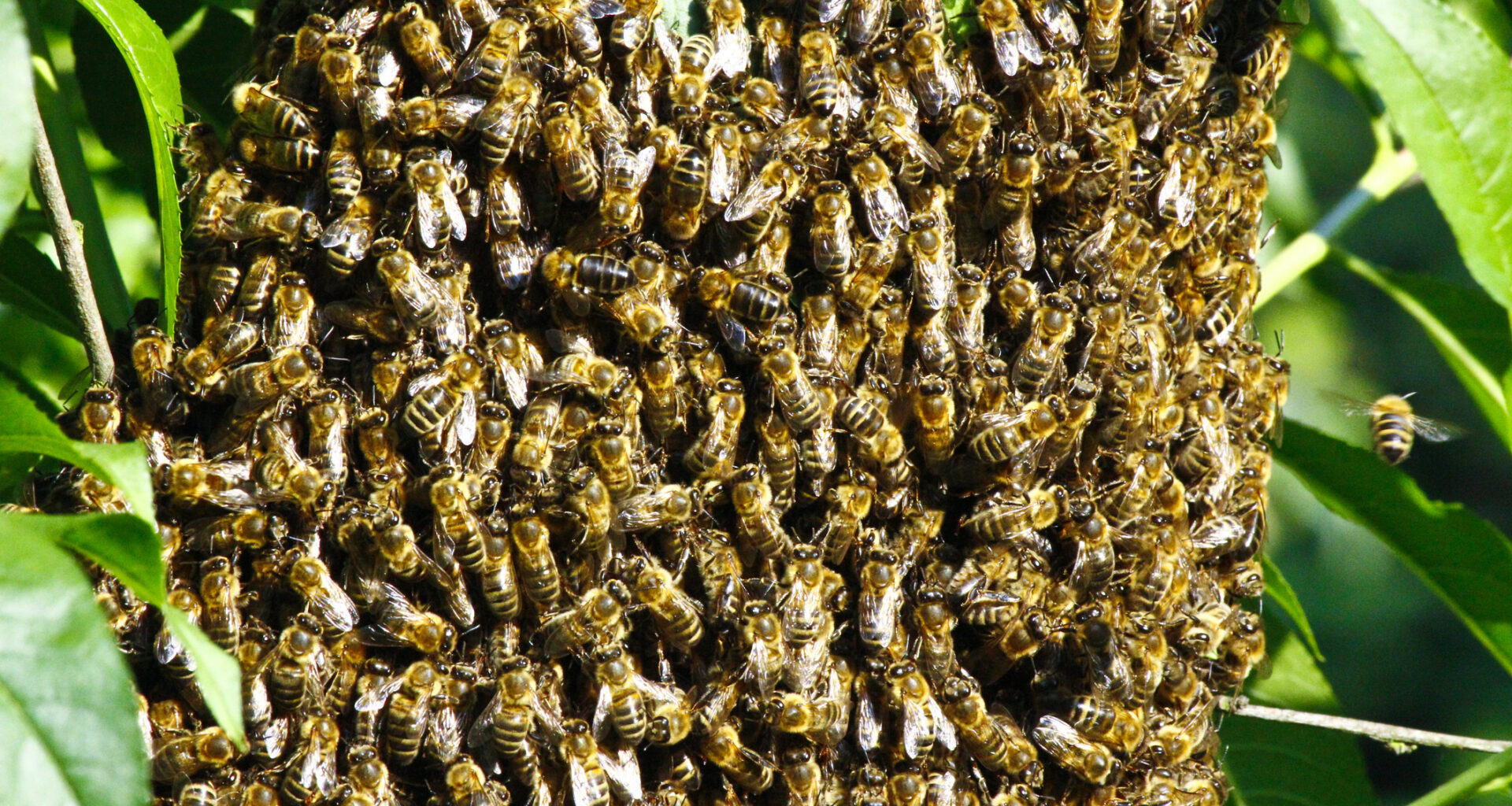MATHIS, Texas (KRIS)- “You were attacked!?”
This neighborhood in the city of Mathis is being terrorized by bees.
“Yes, we have a hive that’s, basically the bees look like, seem like they’re pretty aggressive,” Al Pacheco said.
He discovered, “They’re Africanized bees.”
Does it concern you to have these types of bees here?
“Oh yeah, because we have pets and everything else, so you need to be very careful when you approach bees or better yet, don’t approach bees at all,” Pacheco said.
According to Texas A&M AgriLife Research, Africanized bees have been in South Texas since the fall of 1990, spreading to 163 of the 254 counties in Texas.
Research shows the Africanized bee is only slightly different from the honey bee.
Rick Sanchez, a bee removal expert, said, “They’re super dangerous. They can and they will hurt you or they can and will kill you.”
Sanchez, who works all over South Texas, says he’s busier than ever.
“In 2024 I did 16 Africanized hives that one season,” he said. “This year in 2025, this is going to be number 36 of the Africanized killer bees here in South Texas. That’s a lot of increase, a lot of population explosion.”
Sanchez has been working in Mathis, Flour Bluff, Cal Allen, and Portland where a bee attack happened recently.
“Some dogs died there, I don’t know exactly all the details, but they were attacked.”
After reaching out to the city of Portland, it was confirmed that over the past four months, the city of Portland has received 3 reports of bee swarms within city limits.
Sanchez added, “Man is getting so industrialized and so, into technology that they’re forgetting about nature and they’re leaving it unchecked.”
He said Texas Apiary Inspection is taking an aggressive approach to slow the spread of Africanized bees in the state. Sanchez suggests what’s really needed are more beekeepers.
“We need more beekeepers,” he said. “We need to take care of our bees because we need them so badly and nothing grows without bees.”

